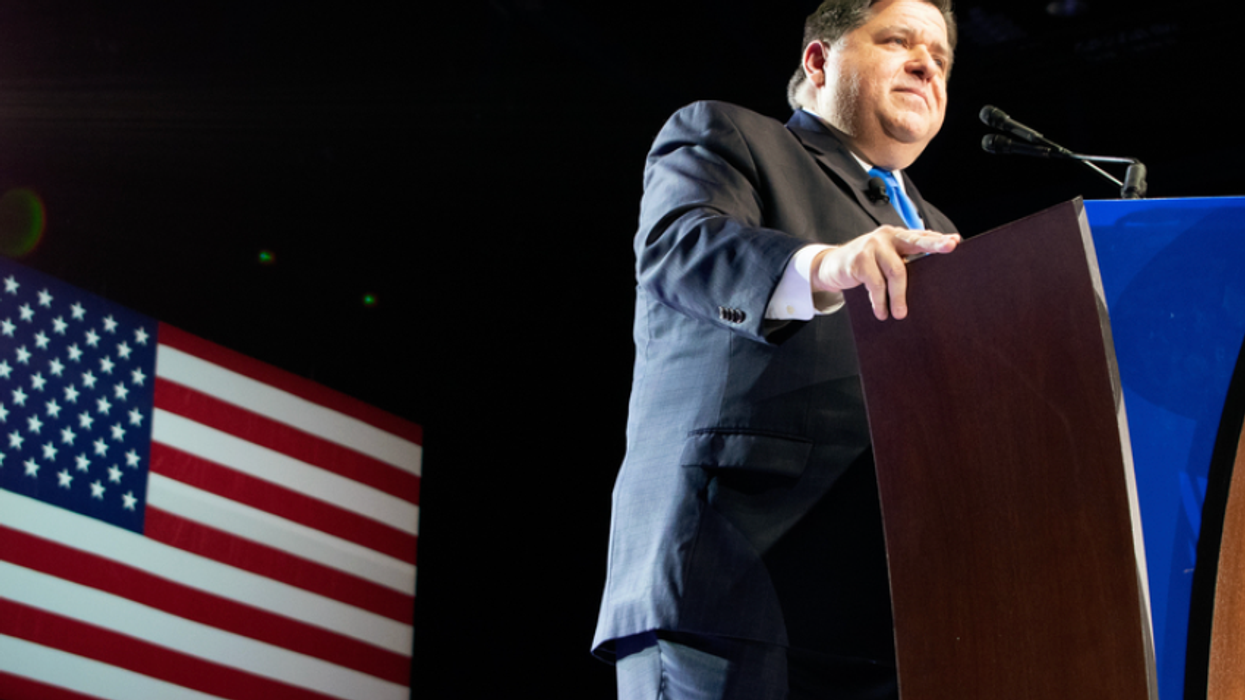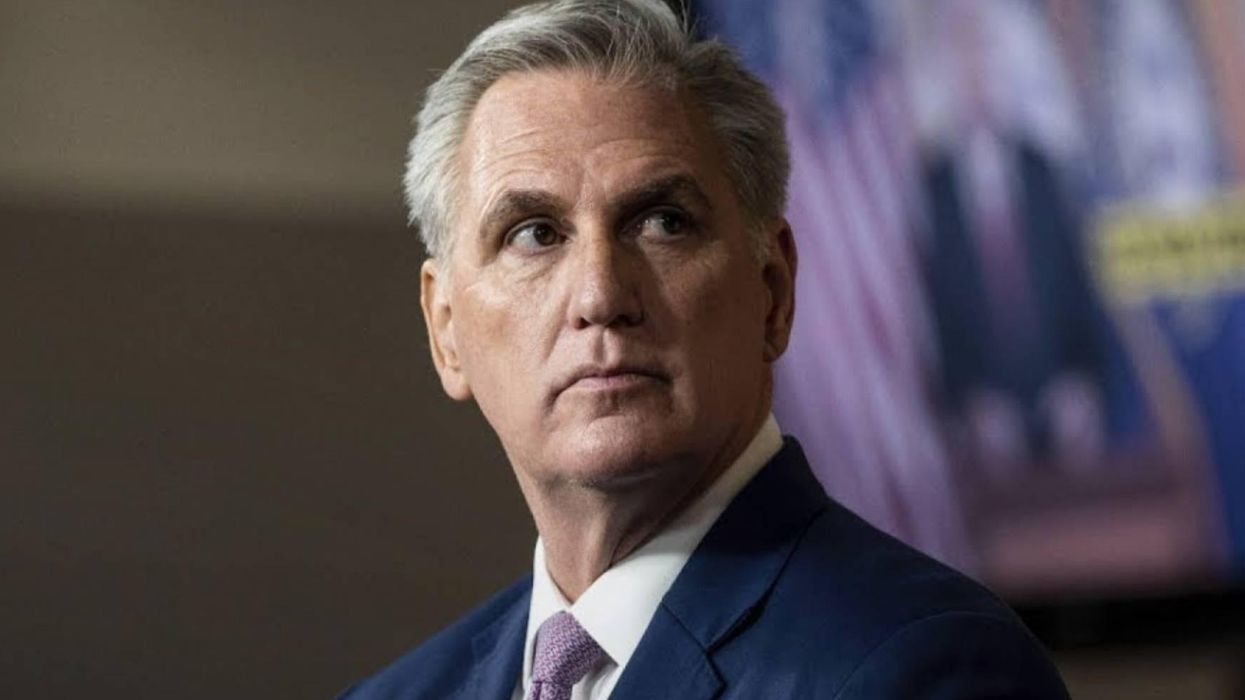Now Republicans Are Using Hunger As A Weapon In Shutdown Fight
Starving a poor, defenseless population worked in Gaza. Why not try it in the U.S.?
That seems to be the Trump regime’s emerging tactic for ratcheting up pressure on the Democratic Party to abandon its attempt to restore the Medicare cuts and Obamacare subsidies as the price for reopening the government.
In mid-October, the Department of Agriculture told every state agency administering the Supplemental Nutrition Assistance Program that they should stop sending in monthly files with the names of beneficiaries. Those files are used to send electronic food-stamp cards worth an average of $187 a month to more than 41 million people across the U.S. That’s one in out of every eight Americans.
During previous government shutdowns, Congress took steps to assure food assistance continued to flow. Earlier this year, the Republican-controlled Congress and the Trump administration agreed to an additional $300 million for the Special Supplemental Nutritional Program for Women, Infants and Children. WIC provides extra nutrition assistance to about 6 million low-income, expectant mothers and young children.
But the SNAP program is far larger, costing the federal government about $8 billion a month. State officials are beginning to ring alarm bells about the looming SNAP shutdown. “If SNAP funds are not delivered by the federal government, the State of Illinois does not have the budgetary ability to backfill these critical resources,” the state’s Department of Human Services said in a statement late last week.
Illinois Gov. J.B. Pritzker, the most vocal governor resisting the Trump administration, asked: “Why is it that they can find the money during a shutdown to pay their masked federal agents wreaking havoc in our communities but not help people in need put food on the table? … The very least they could do is preserve SNAP access for low-income families struggling to feed their kids.”
Connecticut officials warned the federal government electronic processing system could also be shut down, which would cut off access to any food assistance dollars that remain on cards from previous months. The Associated Press reported last week that state officials in Minnesota told all counties and Native American tribes not to approve new SNAP applications, and planned to tell recipients tomorrow that monthly benefits will end in November, barring any changes.
Any prolonged shutdown in federal food assistance will have devastating health consequences. Food insecurity and housing insecurity are major contributors to ill-health in the U.S. One in eight Americans depend on food stamps and even $100 billion a year is not enough to meet the need, witness the charity-dependent food banks that exist in every major city in the country and many ex-urban and rural areas. The U.S. spends even less on subsidizing housing than it does on subsidizing food.
Yet both programs have been targeted for cuts by the Republican-run Congress. The One Big Ugly Bill signed into law last July imposed work requirements in the food stamp program for adults aged 55 to 64 and parents with children 14 and over.
Food isn’t the only area where the Trump regime is moving to administer maximum pain in its efforts to reopen the government without negotiating compromises. Last week, shortly after flip-flopping on cutting off Medicare payments to physicians, it announced it would cease offering special assistance to rural hospitals and for telehealth, programs whose funding expired at the end of September. StatNews reports “ground ambulance transport services and Federally Qualified Health Centers could also be affected by the pause in some payments.”
Most of these cuts will have their deepest impact on states run by Republicans. But that doesn’t seem to matter to the Trump administration, which could care less about the collateral damage in its war against anything and everything that smacks of social decency.
Merrill Goozner, the former editor of Modern Healthcare, writes about health care and politics at GoozNews.substack.com, where this column first appeared. Please consider subscribing to support his work.
Reprinted with permission from Gooz News












